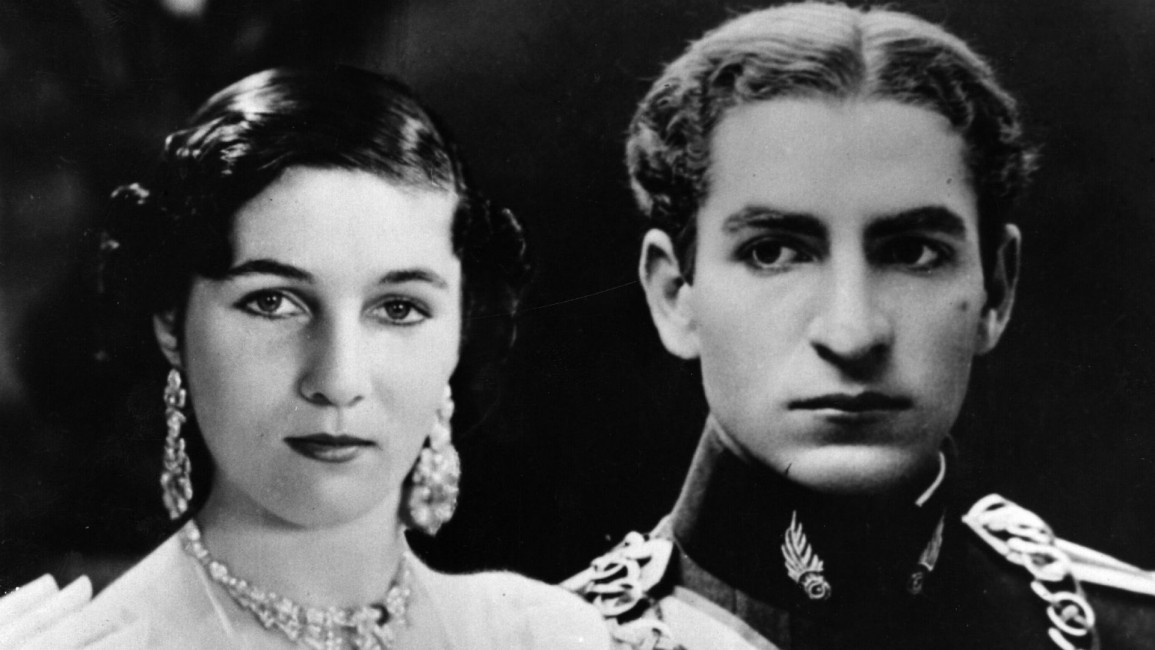
Iran, Queen Nazli and the Arabs
Queen Nazli, the mother of King Farouk of Egypt, opposed the wedding of her daughter Fawzia to Mohammad Reza Pahlavi, the heir to the Iranian throne, in 1939.
Nazli considered the marriage inappropriate given Egypt's greatness and stature compared to Iran. Farouk and Reza Pahlavi, the Shah of Iran, both supported the union but it ended in divorce eight years later.
Mustafa al-Maraghi, the then-rector of al-Azhar University in Cairo, was upset when they divorced because the marriage had united the ruling families of two important countries, and the Sunni and Shia denominations of Islam.
The story of Fawzia's marriage and divorce was forgotten until the 91-year-old princess died on 2 July 2013, the day before Mohamed Morsi was overthrown in Egypt. Morsi had been trying to rebuild relations between Egypt and Iran.
| The marriage united the ruling families of two important countries, and the Sunni and Shia denominations of Islam. |
Iran is a secure and politically stable regional power. It has a theocratic system that allows for the democratic transfer of power, but it suffers greatly from international economic sanctions.
Arabs are concerned about maintaining good neighbourly relations. However, if Iranians believe some Arabs opposed their revolution, they must not forget that many of us envied the overthrow of the Shah's regime.
At the time, it was seen as a step towards the liberation of Palestine. However, things changed and Arabs have disagreed with Iran for a long time.
We have now become weary of Iran, especially as some Iranian leaders have begun treating the Arab world as a playground.
This has happened at a time when many Arab states are weak or have been destroyed, and have witnessed a rise in extremism, terrorism, and war, as well as a preference for corruption and tyranny over good governance.
Iran was not thrilled by the Arab Spring. It has focused its efforts on Iraq and tried to make it subservient.
It wants to turn its Shia citizens into Iranian subjects who will govern Iraq simply because they are Shia. This has been further complicated by the anticipated Iranian-US rapprochement, which has made us revise our feelings or ill will towards Iran.
We are tired and confused about what will happen in the region, especially with the Saudi-led campaign against the Iranian-allied Houthis in Yemen.
Queen Nazli said she opposed the marriage of her daughter, "the beautifulest and richest girl in the world" as she was described, to the prince of a state "attempting to come out of the middle ages" as Iran was described in the 1930s.
Much has changed. Instead of remembering long gone kings and sad princesses we need to build on the things we have in common with this large neighbouring Muslim country if we want to develop a good relationship.
This article is an edited translation from our Arabic edition.
Opinions expressed in this article remain those of the author and do not necessarily reflect those of al-Araby al-Jadeed, its editorial board or staff.




